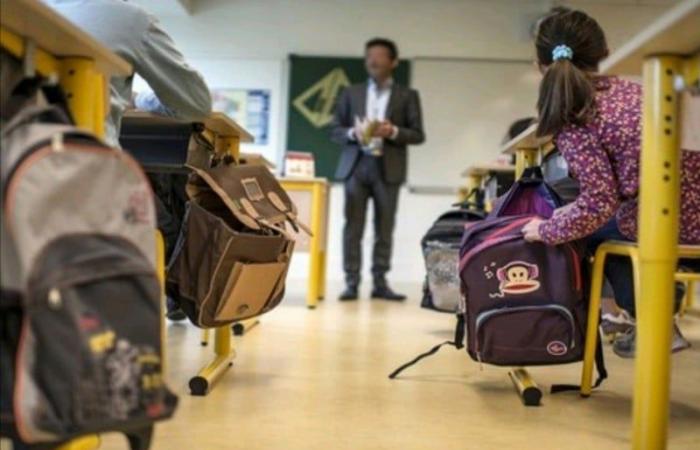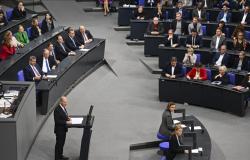Educational activities refused to continue working with the memorandum issued by the Ministry of National Education, Primary Education and Sports to determine the arrangements that must be followed during the licensing of public education teachers in private schools, considering that “this old memorandum, which is re-promoted every time and directed to those concerned, does not guarantee adequate monitoring; Many professors do not adhere to it and even today they strive more in the private part,” in their words.
The Ministry of National Education explained to Hespress that “the license is not new and dates back more than a decade, and this regulatory memorandum only specifies the parameters of the process.” However, actors in the educational field who spoke to the newspaper said that “there are many questions accompanying the issuance of the memorandum at a time when we have a framework law for education.” It has entered into force,” stressing the necessity of “reconsidering this process in a way that requires a balance between the public school and its private counterpart.”
In this context, Abdel Nasser Naji, an educational expert and head of the “Akan” Foundation for Quality Education and Training, stressed that “firstly, the memorandum is not new because the Ministry has been issuing it every year within the framework of codifying the process of private education institutions’ use of general education teachers, in a way that ensures the continuation of regular study.” In private education institutions without harming in principle the learning rights of public education students.”
Naji added that “the issuance of the memorandum five years after the entry into force of Framework Law No. 51.17 related to the education, training, and scientific research system raises the problem of fulfilling the requirements of the latter, not only in this section, but in many points that the Ministry of National Education did not fulfill, such as specifying School fees for children of needy and poor families.”
The educational expert warned the electronic newspaper Hespress that “a group of professors study more than 8 hours and sometimes work more than public education; There are those who exhaust themselves in private school at the expense of public school with the motive of searching for additional resources, and this requires breaking with the phenomenon that does not benefit Moroccan education, but rather contributes to exacerbating its deteriorating and low situation,” considering that “this is only possible within the strategic contractual framework between the actors in The private sector and the guardian ministry.”
The same spokesman stated that the aforementioned framework law “stipulates the need for private education to achieve self-sufficiency in terms of teaching frameworks, which means not relying at all on professors who teach in public education,” noting that “the problem is that the resources that work in private schools are trying to enroll In public education at the first opportunity the Ministry opens a competition.”
Naji continued, explaining: “The memorandum sets a set of conditions that would guarantee a minimum level of quality for a public education teacher who teaches in private education, but a number of teachers and officials of private education institutions do not adhere to these conditions, in light of the absence or weakness of monitoring.” From the guardian ministry,” stressing that this “leads in a number of cases to public education students being affected by the poor performance of some teachers who exaggerate in resorting to teaching in private education.”
The same expert called for “strictness in this context and the implementation of the requirements contained in the framework law, including that private education make concessions and guarantee obligations regarding the education of Moroccan children, especially children of the poor and those from remote areas.” He added: “The state, for its part, is committed to forming frameworks for private education and assisting it.” “On providing sufficient resources, private education will later develop measures to stimulate and maintain their survival until we ensure a balance between the two forms of education: public and private.”
On the other hand, other educational actors refused to engage in the matter, stressing only that “the matter no longer needs warnings since the Ministry of National Education has been repeatedly alerted to the defects in this license,” noting that “every time the Ministry says it is an old memorandum in order to attribute it to others.” It evades them, and the fact is that these memos issued for control and regulation did not serve their purpose, and everyone knows that,” according to them.






